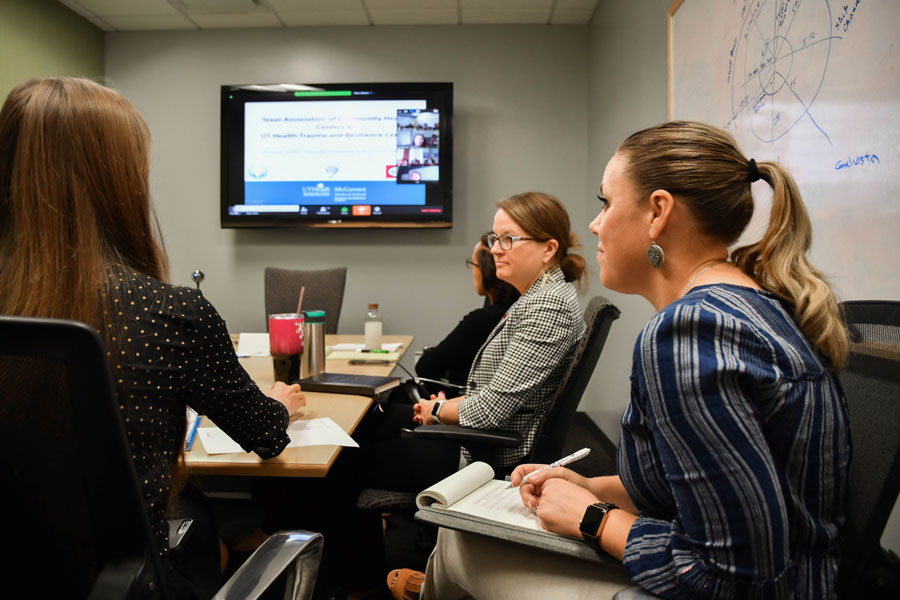Psychiatry offers two new fellowships

Helping to prepare the clinical workforce for specialized psychiatric expertise, the Louis A. Faillace, MD, Department of Psychiatry and Behavioral Sciences welcomes two new fellowships. The UTHealth Houston Forensic Psychiatry Fellowship and Interventional Psychiatry Fellowship are currently accepting applications.
The Texas Medical Board-accredited interventional psychiatry fellowship offers a yearlong advanced clinical and academic experience focused on managing treatment-resistant and complex psychiatric disorders with advanced therapies. One fellowship position is available, and applicants must have completed an ACGME-accredited psychiatry residency program, be qualified to obtain a Texas State License, and have passed Steps I, II, and III of the USMLE by the time the fellowship begins, July 1, 2025.
“Interventional Psychiatry is a hot topic in psychiatry, and a lot of breakthrough developments are coming to the clinical practice very soon,” said João L. de Quevedo, MD, PhD, John S. Dunn Distinguished Professor and director of the Interventional Psychiatry Program.
The one-year, full-time, ACGME-accredited forensic psychiatry fellowship provides advanced training at the intersection of psychiatry and the law – providing hands-on experience in forensic evaluations, report writing, and court testimony. Recognized as a subspecialty by the American Board of Psychiatry and Neurology, the program offers a comprehensive didactic curriculum and supervised clinical experiences in partnership with Rice University’s Department of Bioethics, with classes led by Dr. Samuel-Reis-Dennis, assistant professor at Rice.
“Justice-involved, mentally ill individuals face great challenges, and the system needs professionals with a clear understanding of the intricacies and nuances of their situation,” said Nubia Lluberes, MD, assistant professor of psychiatry. “Our program is designed to deepen the expertise in psychiatry and the legal system, with a special emphasis on bioethics. Join us in shaping the future of forensic mental health and advancing justice through compassionate, evidence-based care.”
Applications for the forensic psychiatry fellowship will be accepted until May 16, 2025. The program will admit two fellows and starts July 1, 2025.